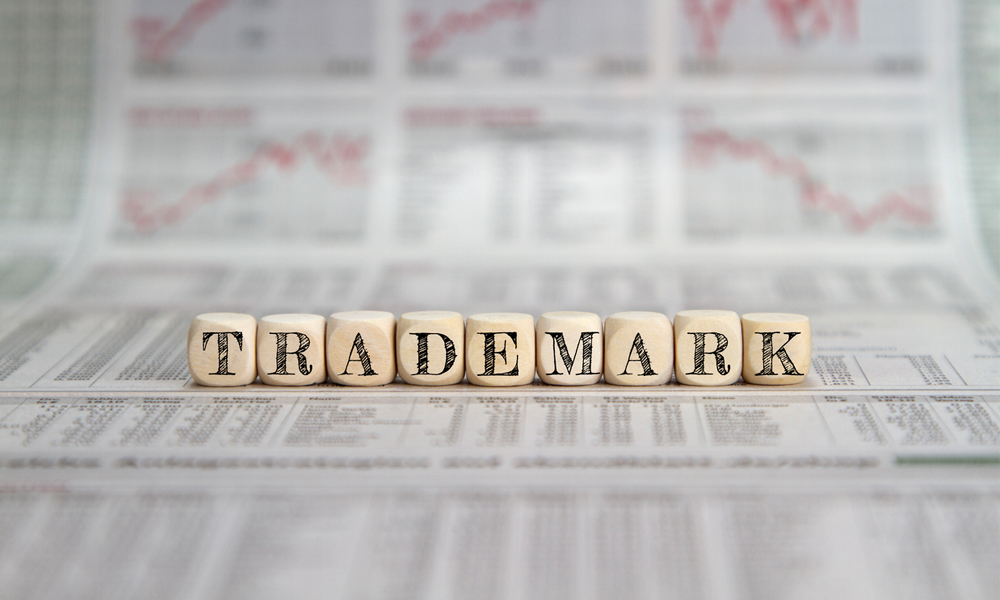
Presidential candidate Mitt Romney once famously said to a heckler in Iowa, “Corporations are people, my friend.” He was right in all but one aspect: Corporations have no right to privacy, or so it was recently confirmed in a judicial ruling.
Chief Justice John Marshall (1755-1835) stated in the early years of the American republic that a corporation is an “artificial being, invisible, intangible, and existing only in contemplation of law.” In 1886, the U.S. Supreme Court decision in San Mateo County v. Southern Pacific Rail Road ruled that 14th Amendment rights, which emancipated slaves to full citizenship, are not limited to natural persons.
A leapfrog through history re-establishes corporate personhood in all but the rights to marry, parent a child, vote, or use the Fifth Amendment privilege against self-incrimination. Corporate personhood does establish a corporation’s right to hold property, enter contracts, sue and be sued, and be protected from unreasonable regulatory searches.
A more recent ruling in Citizens United, in which the Supreme Court gave these “artificial beings” a right to free speech and, therefore, a right to donate money to political campaigns, reinforced corporate personhood.
Bucking U.S. Supreme Court trends, a recent lower court ruling just denied corporations the right to privacy.
The Houston First Court of Appeals, in the case of Doggett v. The Travis Law Firm, P.C., threw out a $24,279 jury verdict in favor of The Travis Law Firm, a professional corporation engaged in the practice of law. The Travis Law Firm sued a lawyer named Jeffrey Doggett claiming that he had invaded the privacy of the law firm by appropriating its name or likeness and had both obtained an advantage or benefit from the appropriation. The lawsuit also claimed the firm additionally suffered an injury as a result of such appropriation.
Doggett, a lawyer working under contract for the law firm, was alleged to have appropriated the firm’s name by using its email address and suggesting he was affiliated with the firm in dealing with one of his own clients.
Doggett appealed the jury’s finding in favor of The Travis Law Firm. He appealed to the Houston First Court of Appeals arguing that corporations — unlike human persons — do not enjoy the right to privacy under Texas common law. Since corporations do not have the right to privacy, he argued, a corporation cannot claim that its privacy has been invaded by the appropriation of its name.
On May 10, The court of appeals agreed with Doggett, reversing the case. Since misappropriation of the corporation name and likeness was the only angle of recovery the law firm pursued, the court of appeals rendered judgment in Doggett’s favor and against the firm.
“No Texas authority has recognized a corporation’s right to privacy,” wrote Justice Russell Lloyd in the court’s opinion.
Because corporations do not have a right to privacy, Justice Lloyd concluded that a civil lawsuit based upon the infringement of that right to privacy could not exist.
The decision by Justice Lloyd is in line with the majority of the states that have addressed this question. It is also in line with the U.S. Supreme Court’s decision in United States v. Morton Salt Co., in which the court held that “corporations can claim no equality with individuals in the enjoyment of a right to privacy.”
While this opinion makes it clear that a corporation cannot recover against persons who misappropriate its name based upon a theory that privacy rights have been violated, a corporation may recover for the improper use of its name under other theories, including violation of trademark or service mark laws, unfair competition, and misappropriation of trade secrets.





